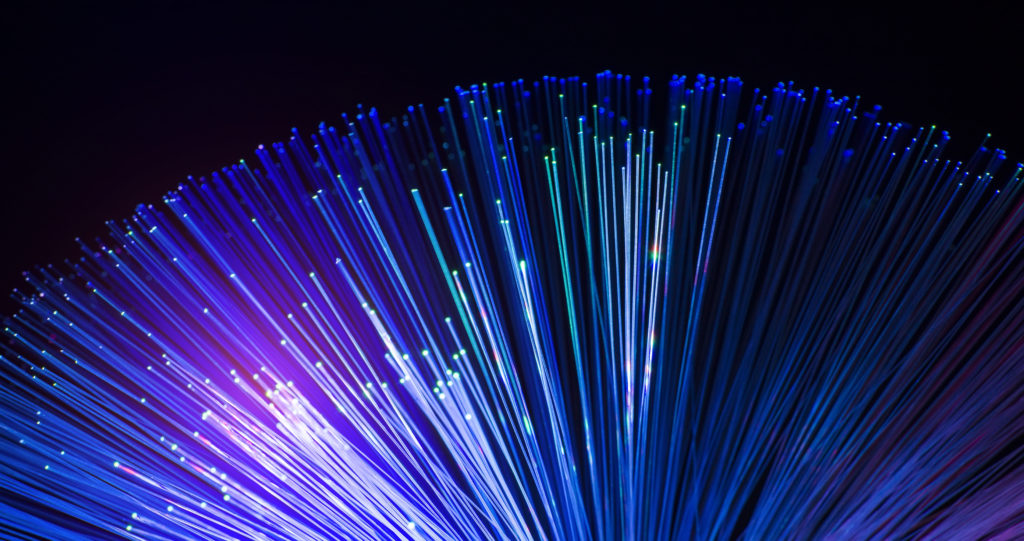New NSF GRFP Solicitation Anticipates More Fellowships for Early-Career Scientists
Increase in number of scholarships long an advocacy priority for APS

A new program solicitation for a popular fellowship program for U.S.-based student psychological scientists carries great news about a potential expansion.
Each year, many undergraduate and graduate students in psychological science prepare and submit for the prestigious NSF GRFP—the Graduate Research Fellowship Program. This fellowship recognizes promising students across the different areas of science and provides funding for student stipends and helps reimburse their host university or college for the cost of their PhD education. The fellowship serves an important role in helping talented students pursue careers in science, contributing to NSF’s mission of supporting individuals with great intellectual merit and the capability to make broad impacts through science.
In a wonderful development for student scientists, the just-issued program solicitation for the GRFP (with due dates in 2021) indicates that NSF intends to award 2,500 awards in the upcoming cycle—a considerable increase over numbers advertised in previous cycles. Although NSF warns that the number of fellowships offers depends on the availability of funds, the indication of this potential increase is great news science-wide and may result in the support of more students in psychological science.
Traditionally, 2,000 GRFPs are offered each year, but for many years, the annual GRFP program solicitation has indicated that only around 1,500 awards will be offered. This potential increase in the size and scope of the GRFP is of special interest to APS, who has taken a leading role in the scientific community to advocate for GRFP growth. Each year, APS and other scientific groups have pushed NSF to fund a full set of 2,000 awards, advocating that the program be expanded further to award even more. As an example, in late 2019, APS organized a coalition of multiple scientific societies—nearly 50—to write to the director of NSF and encourage growing the GRFP program. Throughout the COVID-19 pandemic, APS routinely described the value of this fellowship in supporting student scientists, providing important funding stability through the virus crisis.
APS will keep a careful eye on the number of GRFPs awarded in 2022, and it will continue to work to ensure that student and early-career scientists in psychology are supported by U.S. science agencies and other organizations.
Click here to read the new GRFP program solicitation.
Psychology applications are due October 19, 2021; reference letters are due October 29, 2021. Be sure to view the official NSF solicitation frequently, as details may change that are not reflected in this story.





APS regularly opens certain online articles for discussion on our website. Effective February 2021, you must be a logged-in APS member to post comments. By posting a comment, you agree to our Community Guidelines and the display of your profile information, including your name and affiliation. Any opinions, findings, conclusions, or recommendations present in article comments are those of the writers and do not necessarily reflect the views of APS or the article’s author. For more information, please see our Community Guidelines.
Please login with your APS account to comment.